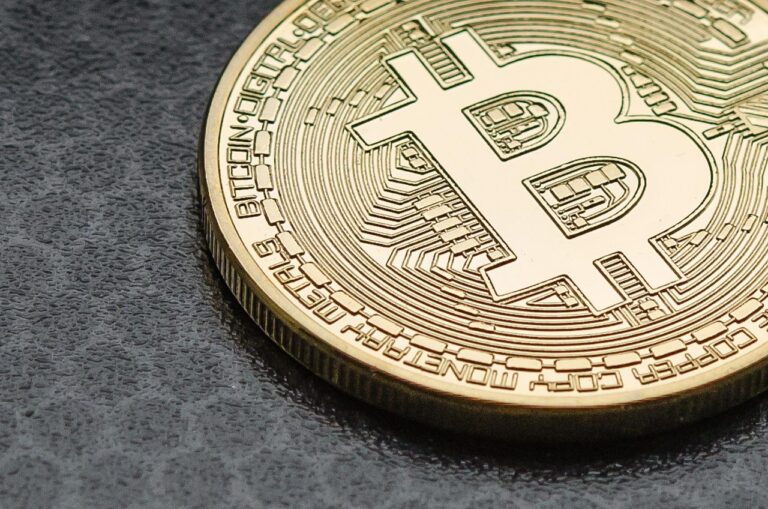Sixteen U.S. States Exploring Bitcoin Reserves for Public Funds
Introduction
Sixteen U.S. states are currently considering legislation that would establish Bitcoin reserves or allow for investments in cryptocurrency for public funds. These proposals suggest allocating anywhere from 3-10% of state funds towards Bitcoin, with each state having its own set of requirements for security, custody, and market capitalization thresholds.
Benefits of Bitcoin Reserves
Proponents of these bills argue that investing in Bitcoin can help diversify state portfolios, potentially yielding high returns in the long term. With the increasing adoption of cryptocurrencies, having Bitcoin reserves could also future-proof state funds against traditional market fluctuations.
Risks and Concerns
However, critics of the legislation highlight the volatility and speculative nature of cryptocurrencies. There are also concerns about security and custody issues, as storing large amounts of Bitcoin securely can be challenging. Additionally, some worry about the potential impact on taxpayers if these investments were to underperform.
The Impact on Individuals
For individuals, the implementation of Bitcoin reserves by states could potentially lead to increased government transparency and accountability. It may also spark interest and awareness in cryptocurrency, driving further adoption and innovation in the space.
The Global Impact
On a global scale, the adoption of Bitcoin reserves by U.S. states could signal a shift towards mainstream acceptance of cryptocurrencies as legitimate assets. This could lead to increased investment from institutional investors and further integration of digital currencies into the traditional financial system.
Conclusion
In conclusion, the exploration of Bitcoin reserves by sixteen U.S. states reflects the growing interest and acceptance of cryptocurrencies in the financial world. While there are potential risks and concerns to consider, the benefits of diversification and future-proofing state funds cannot be ignored. It will be interesting to see how these legislative proposals unfold and the impact they will have on both individuals and the global financial landscape.





